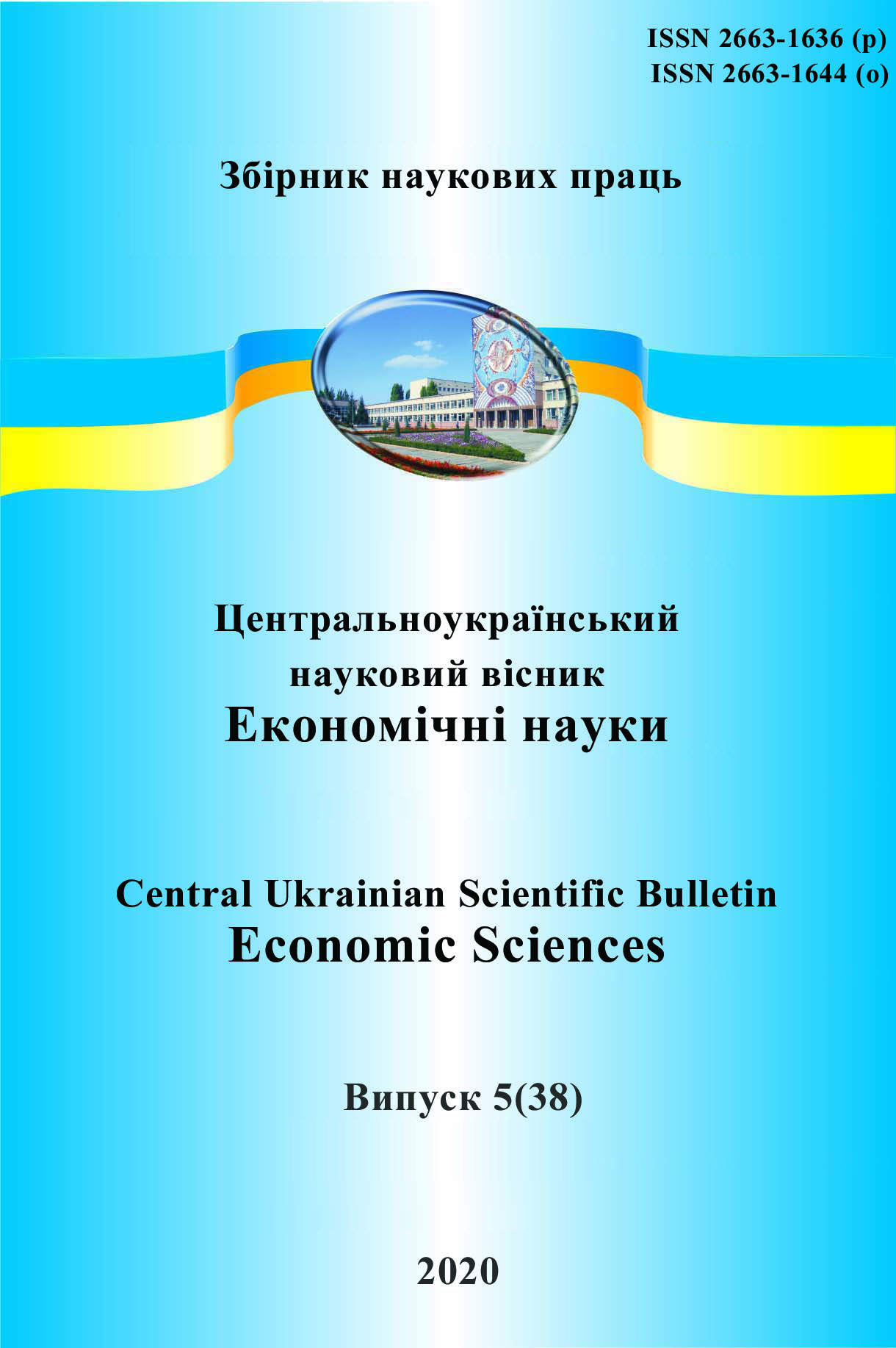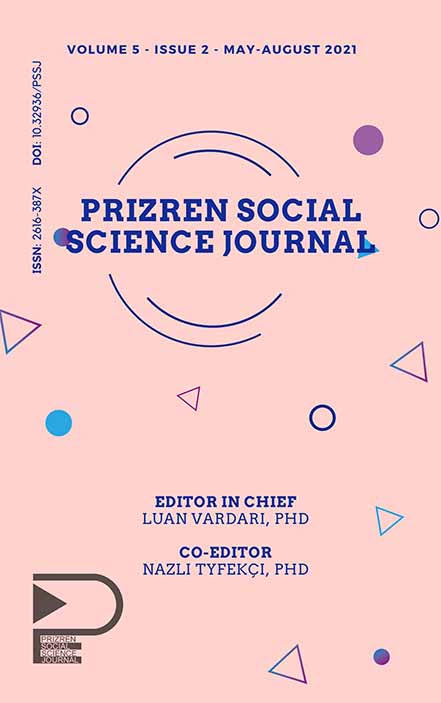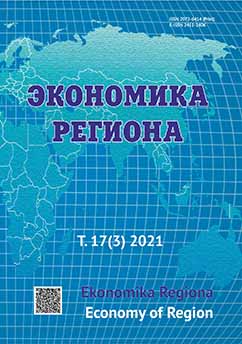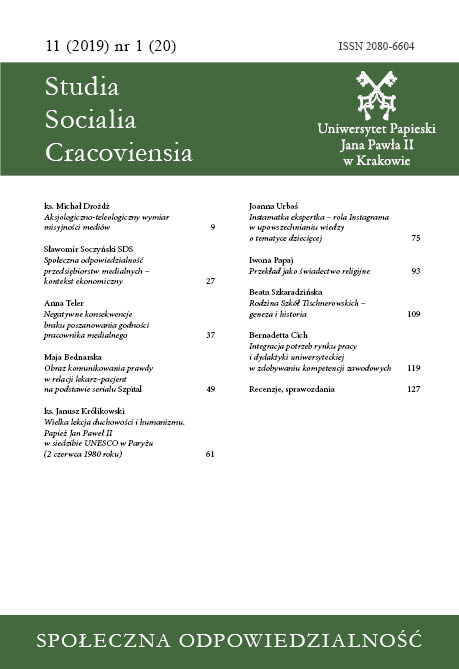
Соціально-економічний механізм підвищення конкурентоспроможності людських ресурсів: напрями вдосконалення в умовах формування інформаційно-мережевої економіки
The paper examines the international comparators of the formation of competitive advantages of human resources under the conditions of information and network economy. This allowed to establish that in comparison with the developed countries of the world Ukraine ranks are quite low in terms of the level of development of information and communication technologies, employment in the field of knowledge, knowledge generation, knowledge diffusion and online creativity.The conceptual scheme of the socio-economic mechanism of human resources competitiveness increasing was suggested. The main components of this mechanism include influencing factors, principles, functions, methods, policies and tools. The ways of improvement of the socio-economic mechanism of the human resources competitiveness increasing in the information-network economy were marked out. They include the formation of digital competencies and information culture, minimizing the "digital divide", mastering the means of applying modern information and communication technologies in practice, improving communication skills and interactive interaction, social skills, stimulating the ability to find creative ideas and innovations etc.It was stated out that a significant improvement of the socio-economic mechanism of the human resources competitiveness increasing in the digitalization process is possible by overcoming a number of risks and threats that lie in the plane of economic, social, organizational, legal, demographic-migration, educational-professional, business, information interaction. The scheme of diagnostics of the level of human resources competitiveness under the conditions of information and network economy in the form of interconnected stages (formation of information base, choice of methods, compilation of blocks of indicators, identification of users of diagnostic results, diagnostics itself, identification of weaknesses, development of directions of improvement, feedback and adjustment) was worked out.
More...




